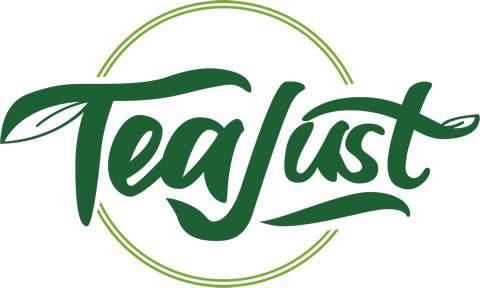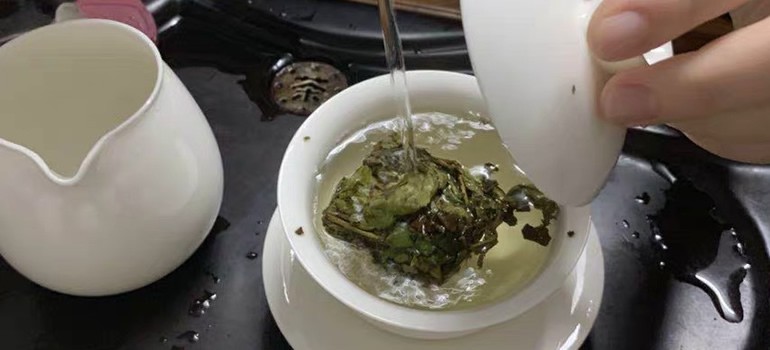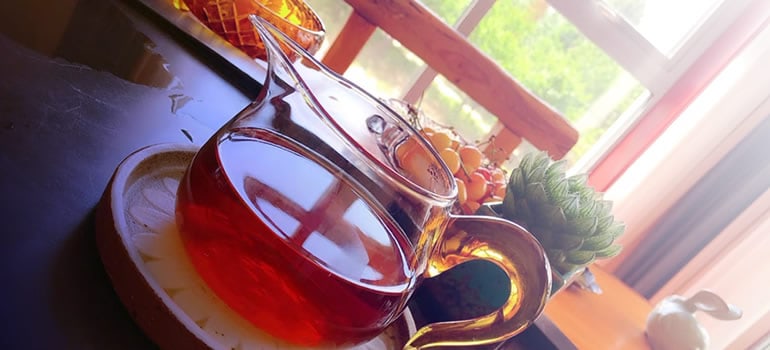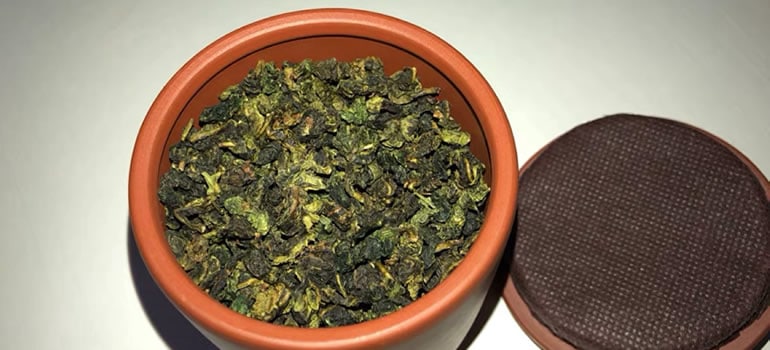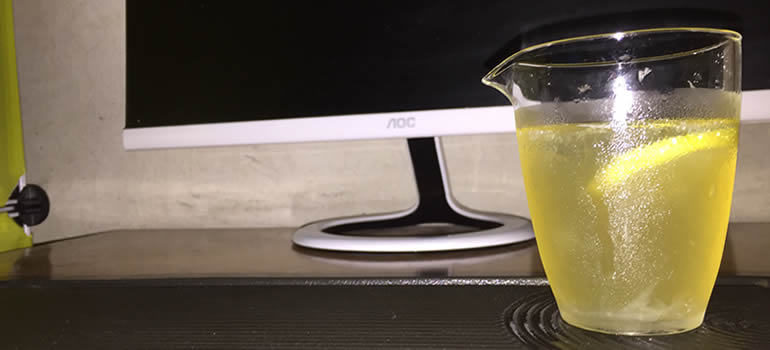A lot of people love to drink tea. A lot of people love to drink coffee, as well.
We, as human beings, have always been on the path to constant exploration of the new and unknown. So is the case with seeking out different and unique flavors.
We have been mixing different ingredients and doing all sorts of culinary experiments for hundreds of years. But what about tea and coffee?
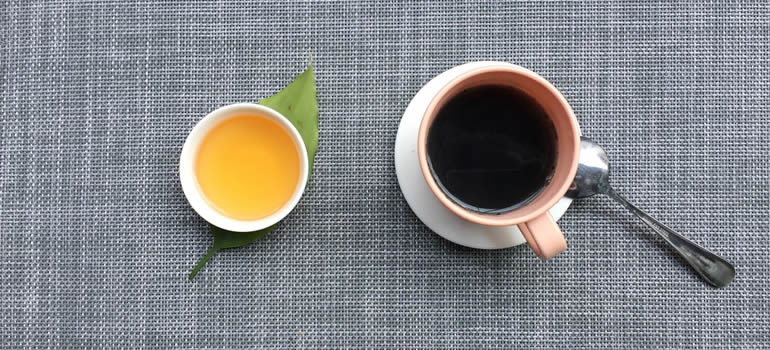
Will mixing coffee and tea result in a good thing? To many, this would seem like the unholy union. You can drink coffee or tea, but you never mix them together, right?
Can you drink coffee and tea together? There is no scientific evidence that drinking coffee and tea together is dangerous. So, yes, you can drink coffee and tea together. Remember to stay within the daily recommendations of caffeine intake since both coffee and tea can contain large amounts of caffeine.
Both coffee and tea have been associated with various health benefits. So, will mixing them both together provide us with the best of both worlds, or will this concoction of a beverage have some hidden dangers?
Let’s find out.
What Happens If You Mix Coffee and Tea?
We don’t need official statistics to know that coffee is one of the most popular beverages. People drink coffee because of its unique aroma, taste, and energy-boosting capabilities.
If anyone needs a slight boost early in the morning, coffee is the go-to option.
The reason why coffee is so good at waking us up is mainly thanks to its high caffeine content.
And tea is like coffee’s little brother. In fact, it may be the other way around since tea is the second most popularly consumed beverage in the world.
How to Mix Tea and Coffee?
The most widely used method to mix coffee and tea is by preparing your cup of coffee the way you usually do and then adding a tea bag to it, just like you would do with a regular cup of tea.
Use the same steeping time as you usually do.
There are actually some trendy mixes like the dirty chai, which is a mixture of espresso and chai tea (And in some cases masala chai).
Or the yuan yang, a popular beverage in Hong Kong, which is a mixture of coffee, black tea, and milk.
The Flavor
Another thing is that tea is usually more subtle and may easily be overpowered by the stronger taste of the coffee.
Because of that, you may end up having to mix your coffee with a stronger tea (Black tea) or stronger herbal tea.
Which tea would best suit your cup of coffee will be a question of personal preferences and experimentation which, I reckon, will lead to a lot of unexpected results that may confuse your taste buds in the beginning.
However, the flavors of tea and coffee are very different, and they are like the two opposing teams that have been caught in an endless fight proving who’s better.
Even if you try to drink green tea, for example, right after drinking coffee, you may have a hard time appreciating the subtle flavors of the green tea. Hence why most people prefer not to mix tea and coffee.
In fact, adding even tiny amounts of coffee to your cup of tea are going to be enough to make the whole cup taste like … coffee.
Is Mixing Coffee and Tea Safe?
Drinking tea and coffee in moderation can bring many health benefits and advantages. Consuming tea and coffee have the following benefits:
- Tea and coffee are great at giving an energy boost;
- Both tea and coffee contain antioxidants;
- Tea and coffee are great at promoting weight loss through burning fat;
- They contain ingredients that can strengthen the immune system;
- Can lower the risks of type 2 diabetes and improve insulin sensitivity;
- Can protect against developing heart disease; and
- Studies suggest that caffeine can reduce the chances of Parkinson’s.
Although both tea and coffee have certain benefits, they can also pose some serious health risks if consumed in high amounts.
Consuming too much tea can lead to :
- Mineral and nutrient deficiency (like iron deficiency);
- Dehydration;
- Bloating;
- Addiction;
- Anxiety, sleep disorder;
- Miscarriage due to the caffeine content; and
- Cardiovascular and heart problems.
Consuming too much coffee can lead to:
- Anxiety and restlessness;
- Sleeping problems;
- Addiction;
- Mineral and vitamin deficiencies;
- Electrolyte imbalances;
- Heart problems;
- Stomachaches;
- Nausea and vomiting;
- Miscarriage during pregnancy; and
- Increase in total cholesterol.
Mixing Coffee with “True” Tea?
If you really want to double down on the energy-boosting properties of your cup of coffee and tea, then you can go for any of the “true” teas. These are the teas made from the Camellia sinensis leaves:
- White tea;
- Oolong tea;
- Green tea; and
- Black tea.
All of these contain caffeine in varying contents, with black tea being the strongest of them all.
Adding tea rich in caffeine to an already caffeine-rich beverage like coffee can make for one extra strong and energy-boosting cup of coffee. However, caffeine in high amounts is dangerous, and this is the main concern experts have with coffee and tea mixtures.
There are also other types of tea that can really help boost your energy levels throughout the day like yerba mate (Which has almost as much caffeine as coffee in some cases) and matcha tea. In fact, some people mix matcha tea with coffee as well.
Mixing Coffee and Herbal Tea
I always considered this to be a situation where there are no holds barred.
Herbal teas can also be used in order to add some unique taste and aroma to your cup of coffee.
Herbal teas are caffeine-free, so they are an excellent option for people that don’t want to up their caffeine consumption.
However, the taste of the coffee will overpower the taste of the herbal tea, which may leave a slight aftertaste depending on its type.
Mixing Decaf Tea and Decaf Coffee
Decaf coffee and tea are definitely an excellent way to lower your caffeine intake while still enjoying your favorite beverage
However, decaf coffee and decaf tea do contain caffeine – albeit in small amounts – and they are not caffeine-free.
What you can roughly expect is that decaf coffee usually has about 97% of its caffeine content removed.
The actual amount of caffeine would vary depending on the manufacturing process used and the variety of coffee beans.
The same things hold pretty much true for tea as well. Decaf tea has the majority of its caffeine content stripped away. You can expect the caffeine left in decaf tea to be about 2.5% on average.
Keep in mind that even that low amounts of caffeine can affect one’s sleep quality if consumed late during the day.
How Much Caffeine Is Too Much?
There is nothing wrong with mixing tea and coffee together. But the main concern with doing so is the caffeine content.
It is NOT recommended to consume more than 400 mg of caffeine a day: this amount is considered to be safe for a healthy adult.
Children under 12 are NOT recommended to consume any caffeine at all. And children above 12 years should not consume more than 85 or 100 mg of caffeine a day.
For comparison:
- An average cup of coffee (8-oz) contains about between 70 to 140 mg of caffeine. And a decaf coffee contains on average about 3 to 7 mg of caffeine.
- And an average cup (8-oz) of black tea contains, on about 47.4 mg of caffeine while decaf black tea can have as low as 2 mg of caffeine.
Please, keep in mind that these are rough averages and the numbers can – and most likely will – vary a lot depending on a score of different factors like the tea and coffee variety, brewing times, temperatures, steeping times, and more.
Consuming too much caffeine has been associated with a lot of side effects:
- Caffeine is addictive;
- Increases anxiety, irritability, and nervousness;
- Can lead to insomnia and poor sleep quality;
- May cause digestive problems;
- Can cause headaches and nausea;
- Caffeine increases the blood pressure and may cause buzzing in the ears;
- May lead to heart palpitations;
- Coffee has been shown to increase cholesterol levels and triglycerides; and
- It is not safe for people with heart problems.
